The internet makes life more convenient, but it also exposes people to serious risks. Cybercriminals are constantly finding new ways to steal personal information, and even everyday browsing can put your data at risk. That’s why understanding online privacy and following smart internet safety tips is essential. Below are ten effective ways to protect your personal data and maintain peace of mind online.
1. Use Strong and Unique Passwords
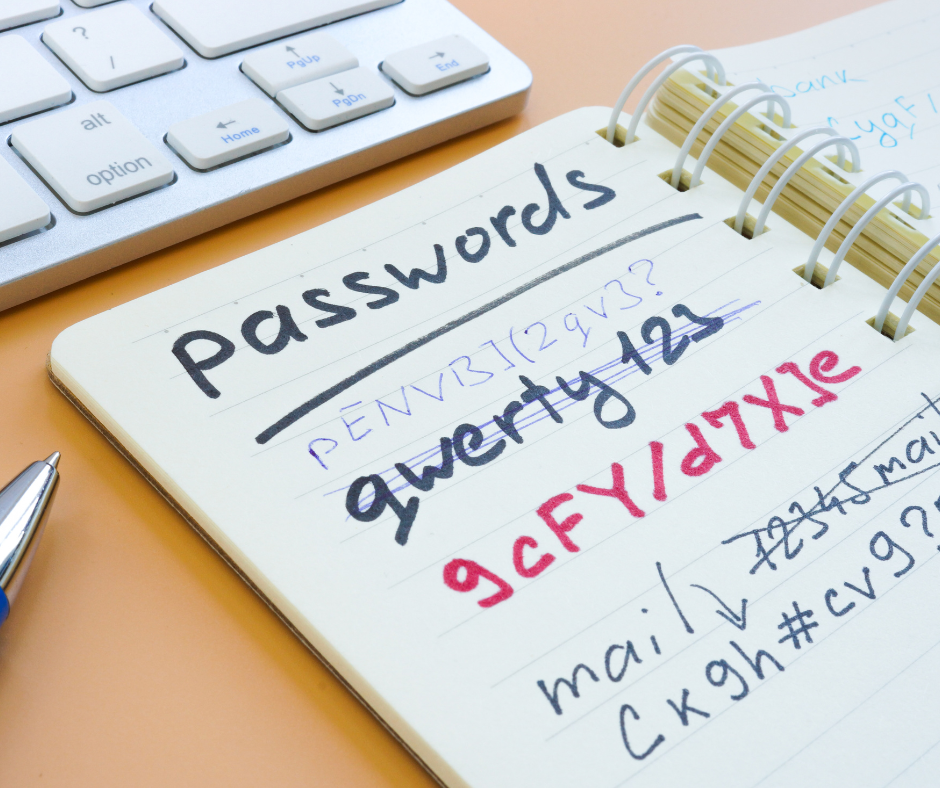
A password is the first line of defence for your accounts. If you reuse weak or simple passwords, hackers can easily break in and gain access to sensitive information. A strong password should combine uppercase and lowercase letters, numbers, and symbols. To make things easier, consider using a password manager, which generates and stores unique passwords for all your accounts. This way, you don’t have to remember dozens of complicated codes but can still keep your accounts safe.
2. Enable Two-Factor Authentication
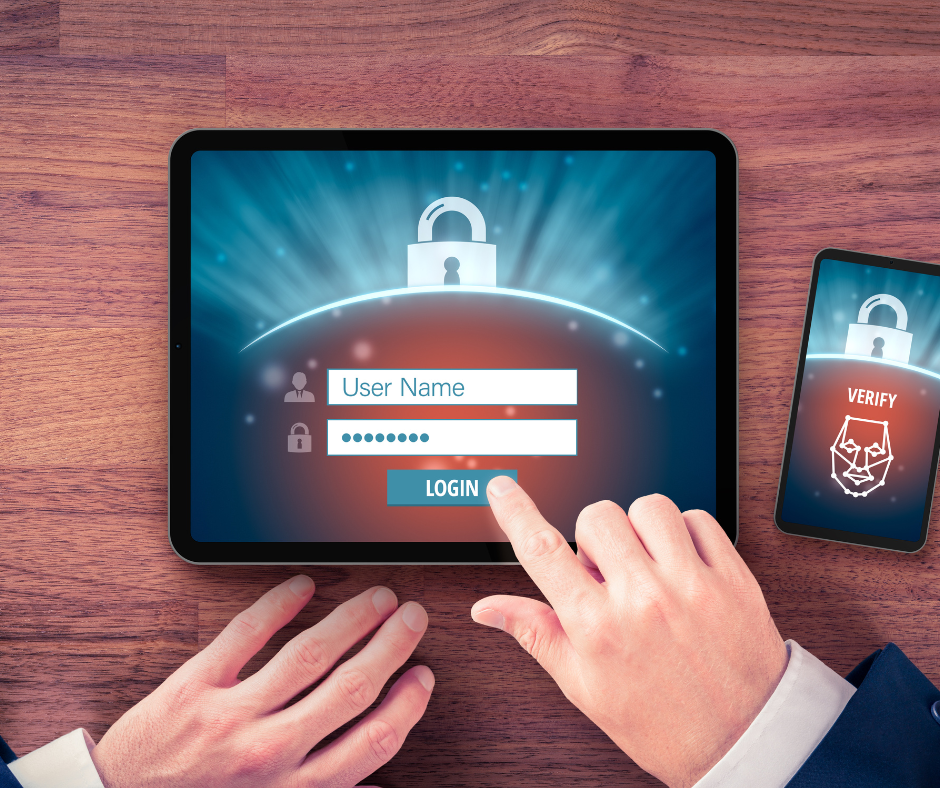
Even with a strong password, your accounts can still be vulnerable. Two-factor authentication (2FA) adds an extra security step by sending a verification code to your phone, email, or authentication app. This means that even if someone manages to steal your password, they won’t be able to log in without the second form of verification. Enabling 2FA is one of the simplest yet most effective ways to enhance online privacy.
3. Keep Your Software Updated
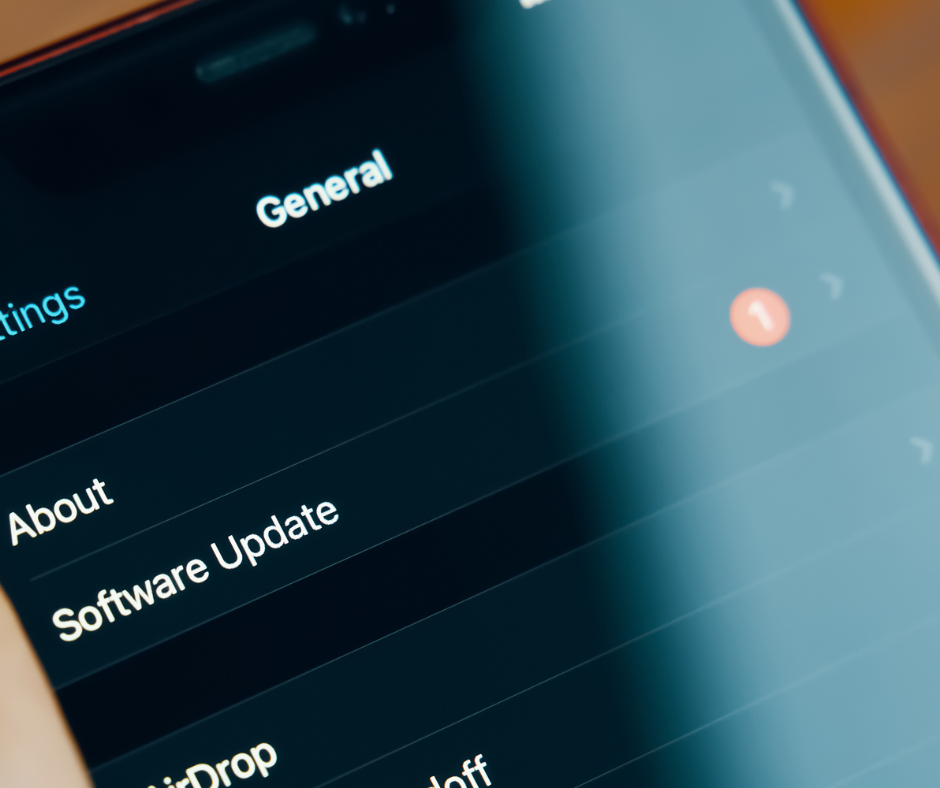
Many cyberattacks take advantage of outdated software. Hackers look for weaknesses in older versions of operating systems, browsers, and applications. When companies release updates, they often include fixes for these security flaws. By turning on automatic updates or regularly checking for new versions, you reduce the chances of someone exploiting old vulnerabilities on your devices.
4. Be Careful with Public Wi-Fi
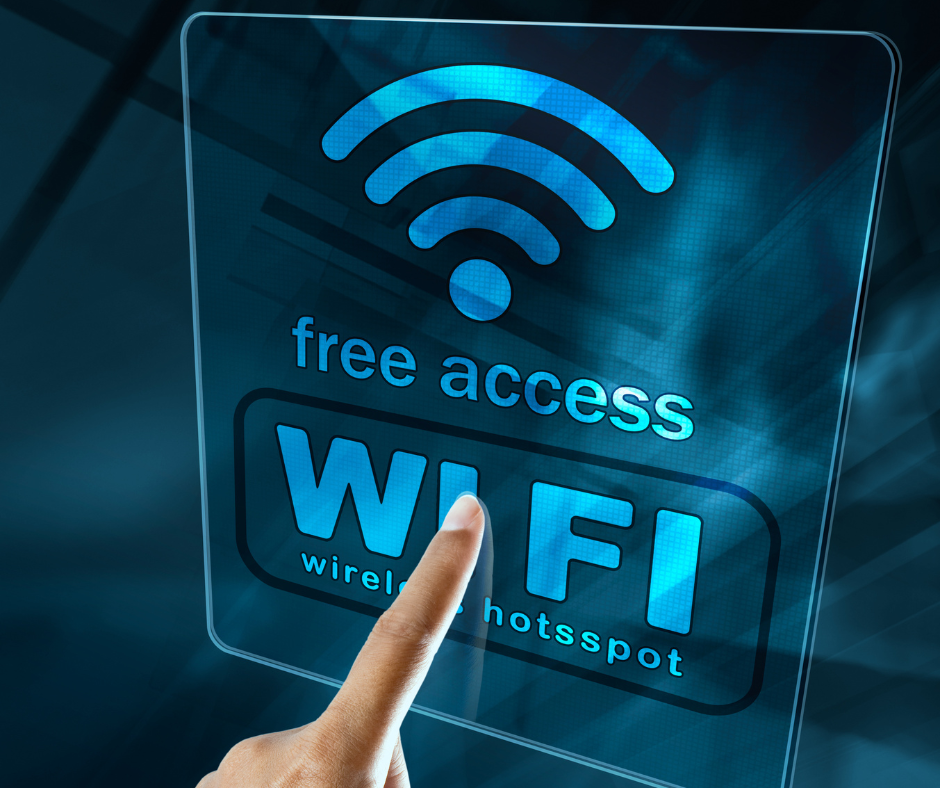
Public Wi-Fi may be convenient, but it is rarely secure. Hackers can use open networks to intercept the data you send, such as passwords, banking details, and emails. If you must connect to public Wi-Fi, avoid logging into sensitive accounts. A better solution is to use a Virtual Private Network (VPN), which encrypts your connection and makes it harder for cybercriminals to track your activity.
5. Use a VPN for Extra Security
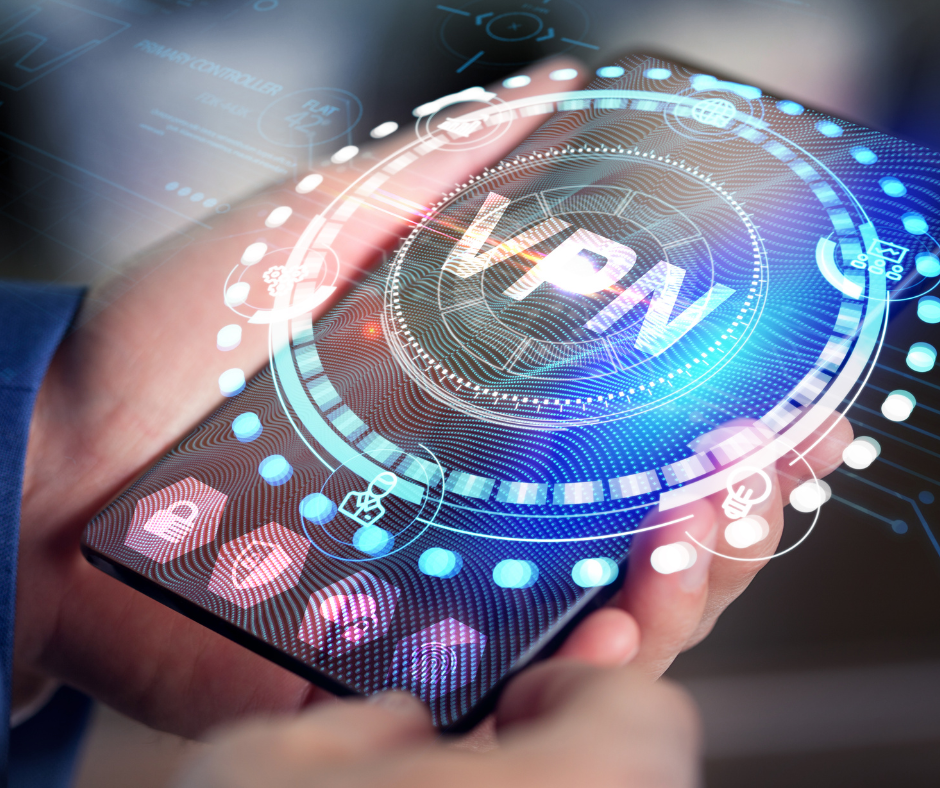
A VPN is an essential tool for anyone concerned about privacy. It works by masking your IP address and encrypting your internet traffic, making your browsing activity almost impossible to track. Whether you’re shopping online, accessing work files remotely, or just browsing social media, a VPN adds a valuable layer of protection. Many affordable VPN services are available, making this a smart investment in internet safety.
6. Limit Social Media Sharing

Social media is a major part of everyday life, but oversharing can put your personal safety at risk. Posting details such as your location, daily routines, or upcoming travel plans can give strangers too much insight into your private life. Adjust your privacy settings so only trusted friends can see your updates, and think carefully before sharing sensitive information publicly.
7. Check Privacy Settings Regularly
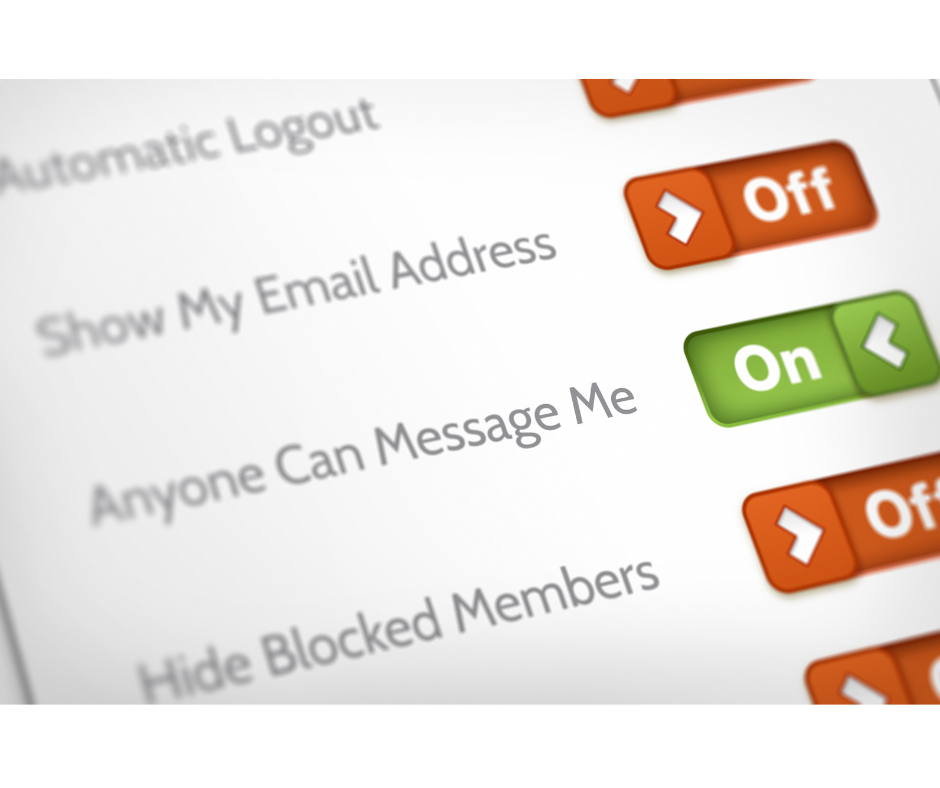
Websites and apps often collect far more data than you realise. Many platforms have privacy settings that control how much information is shared, but they’re usually turned on by default. It’s a good idea to review these settings regularly and disable unnecessary tracking features. This not only improves online privacy but also helps reduce the amount of targeted advertising you see.
8. Watch Out for Phishing Emails
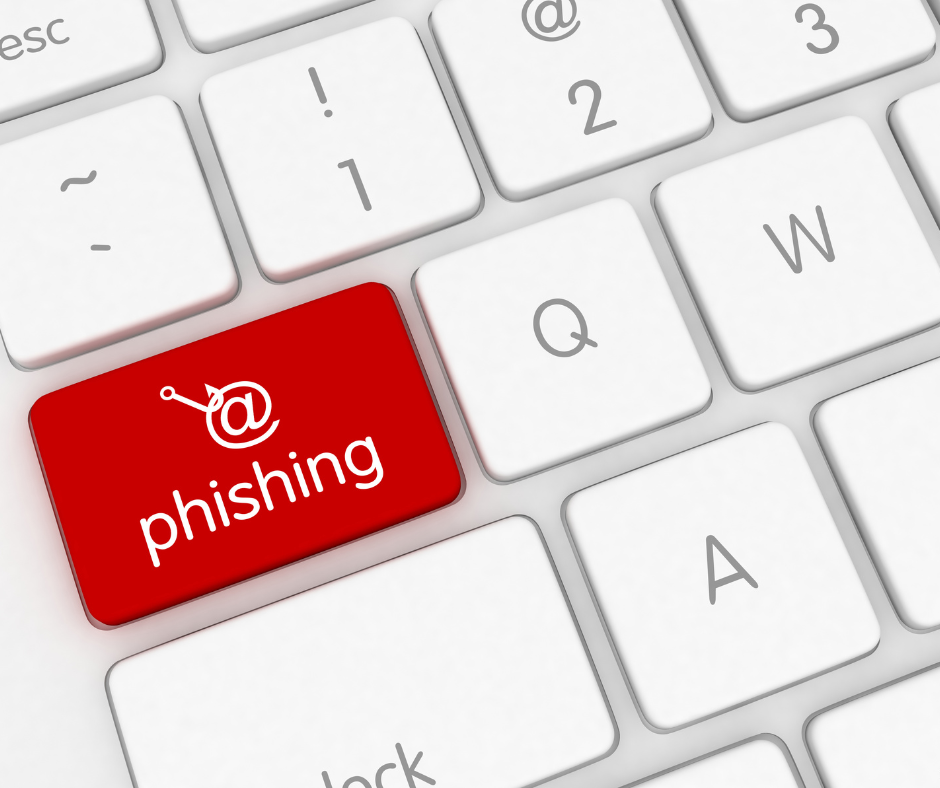
Phishing scams are one of the most common ways criminals steal data. These scams often come in the form of emails that look like they’re from trusted companies, asking you to click on a link or download an attachment. Always check the sender’s address carefully, and never provide personal information through suspicious links. When in doubt, contact the company directly through their official website.
9. Shop Safely Online
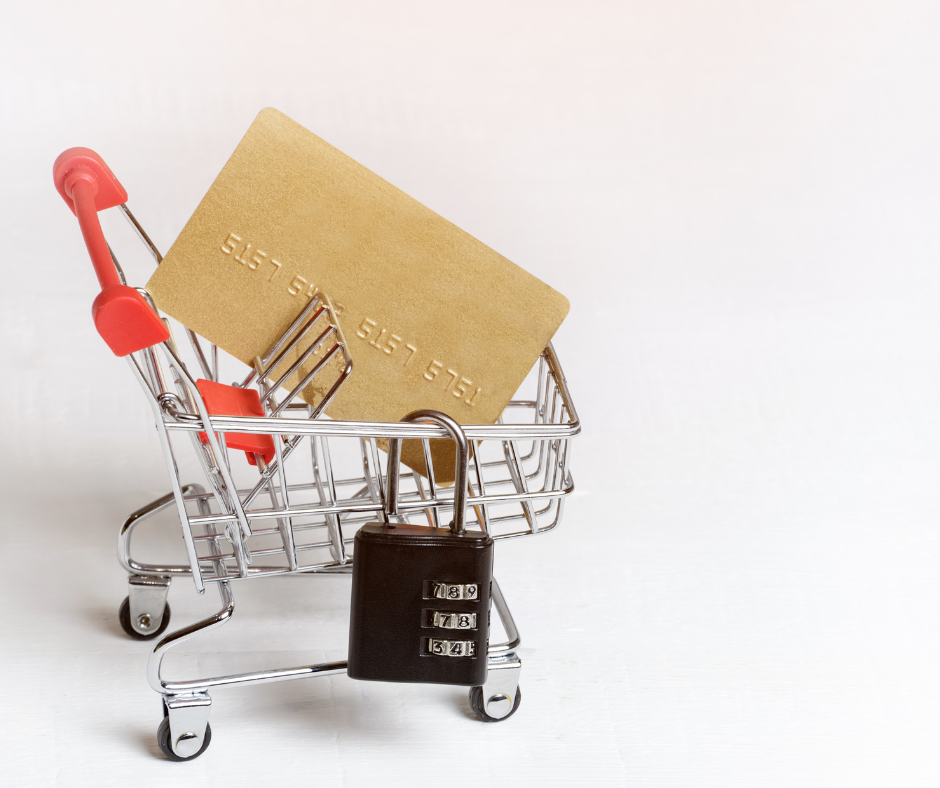
Online shopping is convenient, but it can also be risky if you’re not careful. Always check that the website you’re using has HTTPS encryption, which is shown as a padlock symbol in the browser bar. Avoid saving your credit card details on websites and use secure payment platforms whenever possible. This helps ensure your personal and financial data stays safe.
10. Back Up Your Data
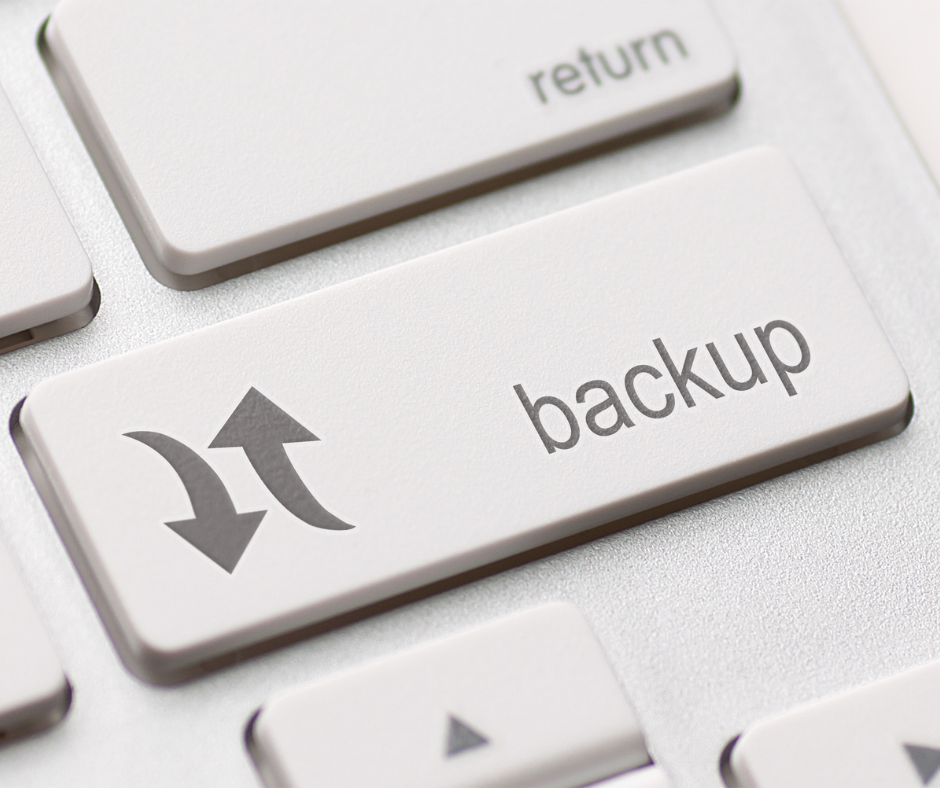
Even if you follow all the internet safety tips in the world, accidents can still happen. Regularly backing up your data ensures you don’t lose important files in case of a cyberattack, computer failure, or accidental deletion. Cloud storage services and external hard drives are both excellent options for keeping your data safe and accessible.
Final Thoughts
Online privacy isn’t something to take lightly. Hackers and cybercriminals are always searching for new ways to exploit personal information, but by following these ten steps, you can significantly reduce your risks. From using strong passwords and enabling two-factor authentication to avoid public Wi-Fi risks and backing up your files, small actions can make a big difference in keeping your personal data secure.


